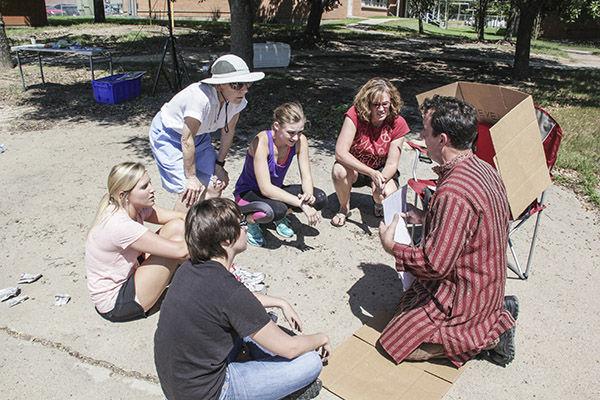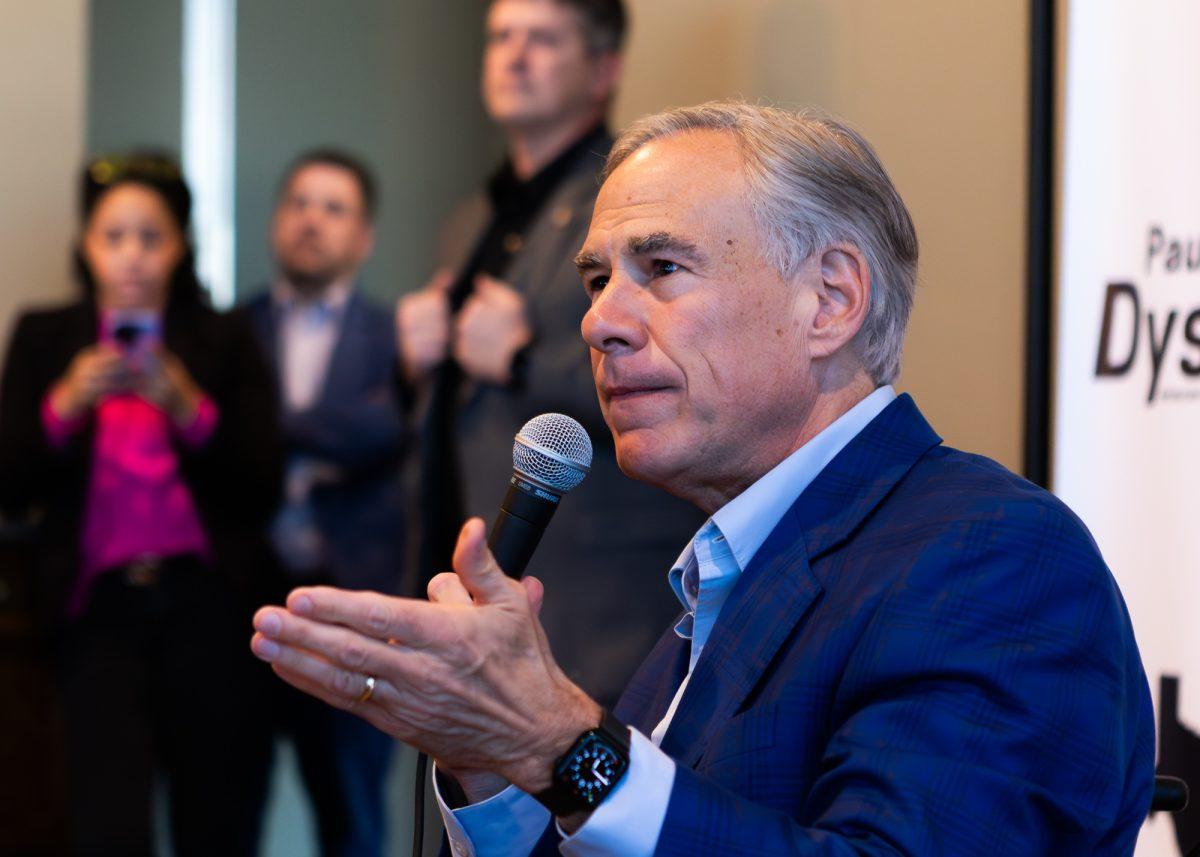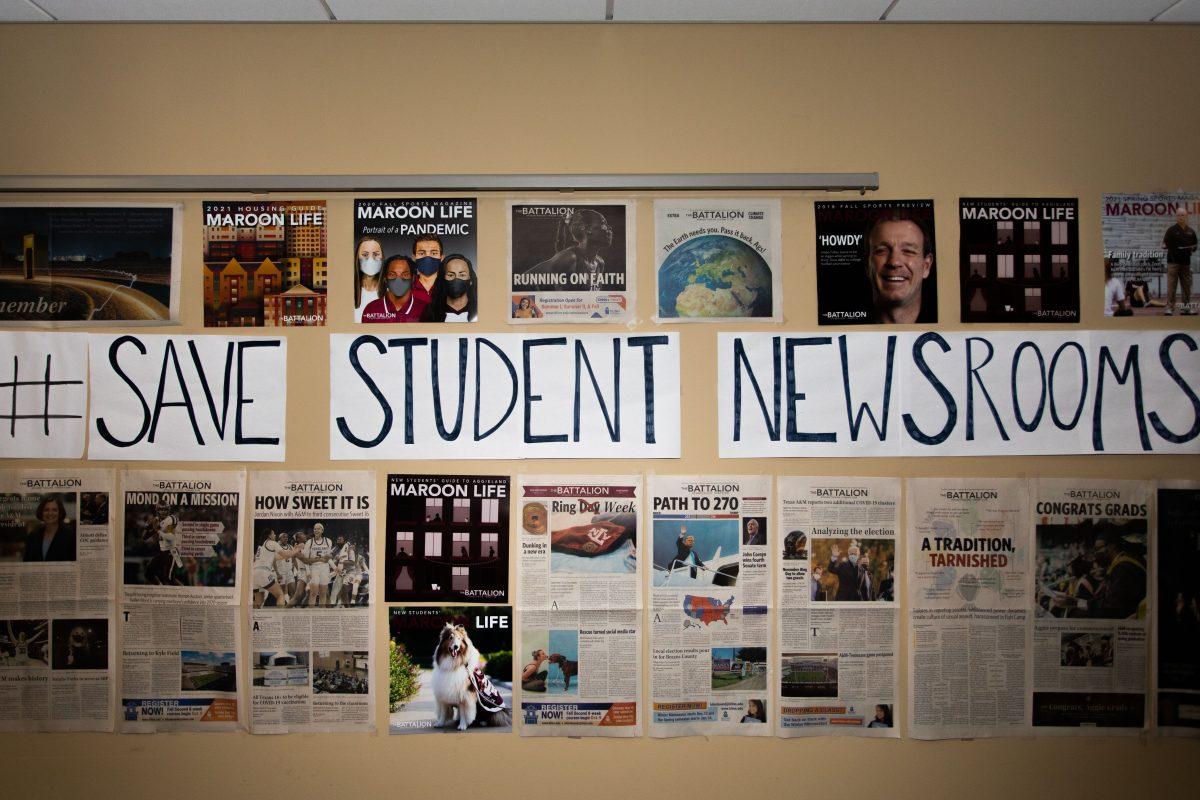Approximately three billion people live on less than one dollar a day.
On a hot September Saturday, A&M students and members of the Bryan-College Station community took part in a poverty awareness simulation by getting on their hands and knees and making paper bags to replicate a slum.
As part of a “Global X-perience” initiative, participants were immersed in a hands-on “Struggle for Survival” simulation, which facilitated discussion about poverty and allowed participants to explore the inner-workings of a poverty-stricken situation.
The simulation was put on by A&M Global Program Support and hosted by the Crossroads Foundation, a non-profit humanitarian agency based in Hong Kong, which facilitates simulations all over the world to raise awareness for global issues such as HIV, environmental challenges, disasters and poverty.
“They focus on a range of topics to get people out of their heads, so they experience something where they’re not just thinking about it — they’re actually dealing with it,” said Amanda Johnson, administrative assistant for global program support for the TAMU Confucius Institute and manager of logistics for the simulation.
The first step of the simulation was a group discussion and briefing led by David Begbie, director of experiential programming at Crossroads.
Begbie said the simulation was all about changing perspective and highlighting three main issues — education, empathy and engagement.
The participants were divided into a five-person “family” unit. Each person was expected to contribute financially by making paper bags out of newspapers and glue and then selling them to the “shop owners.”
Participants sat on cardboard sheets to represent the living conditions of third-world slums.
During the three 10-minute rounds of bag making, some family units were unable to pay for rent, food and water and were forced to give items such as their watches, cell phones and “kidneys” in exchange for fake currency.
Female participants were asked to give the landlord hugs to symbolize women in poverty selling their bodies to keep their families alive.
After the simulation, Begbie led another group discussion, asking participants to think about what they could be doing to help poverty in their communities and abroad.
“I have seen people leave their jobs and go into other jobs,” Begbie said. “I have seen charities form as a result of going to these programs. I have seen companies who have done very little engagement in the world suddenly turned to do really strategic actions for this planet.”
Alexandra Bruns, participant and international studies junior, said she didn’t want to forget the impact the experience impressed upon her.
“I don’t want to walk away from here today and forget about [the simulation],” Bruns said. “[Crossroads Foundation members] do this in order to move people into action, and they hope that us who were here today would really search out ways to serve these people. I don’t know what I’m going to do after college, but after today I know I want it to be worthwhile.”
Hands and knees: Simulation gives poverty perspective
September 20, 2014

Cody Franklin — THE BATTALION
Participants make paper bags out of newspapers and glue that will then be “sold” to make wages for survival.
0
Donate to The Battalion
Your donation will support the student journalists of Texas A&M University - College Station. Your contribution will allow us to purchase equipment and cover our annual website hosting costs.
More to Discover








